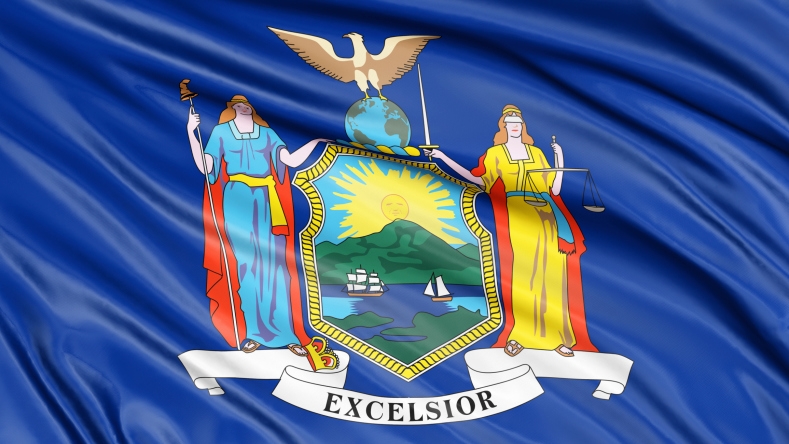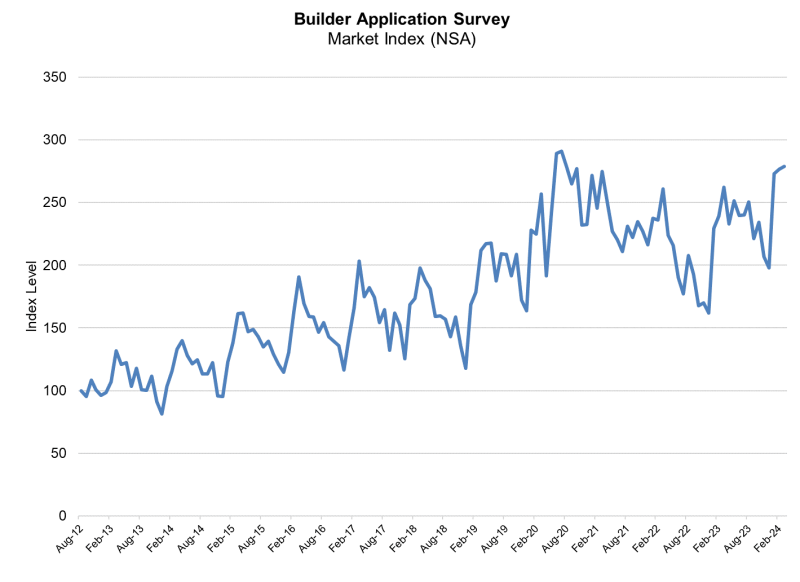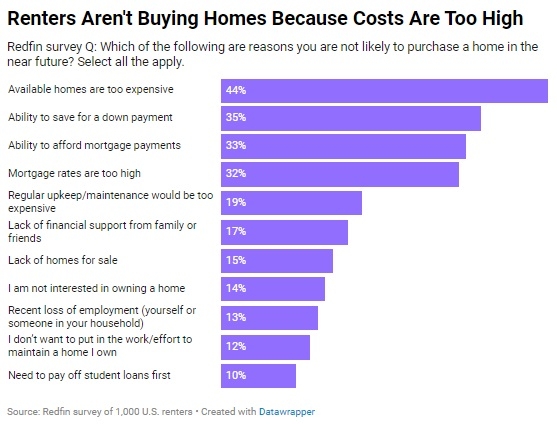Advertisement
New York Awarded $182 Million as Part of Citigroup Payout

New York State Attorney General Eric T. Schneiderman joined members of a state and federal working group he co-chairs to announce that $182 million—$92 million in cash, and at least $90 in consumer relief—would be allocated to New York State as part of a $7 billion settlement with Citigroup. As part of the settlement, Citigroup acknowledged it made serious misrepresentations to the public—including the investing public—arising out of the packaging, marketing, sale and issuance of residential mortgage-backed securities (RMBS) by Citigroup. The resolution also requires Citigroup to provide relief to underwater homeowners, distressed borrowers, and affected communities through a variety of means including financing affordable rental housing developments for low-income families in high-cost areas.
The settlement requires Citi to pay $4.5 billion in hard dollars and provide $2.5 billion in consumer relief. New York State will receive at least $182 million: $92 million in cash and a minimum of $90 million in consumer relief for struggling New Yorkers. The settlement was negotiated through the Residential Mortgage-Backed Securities Working Group, a joint state and federal working group formed in 2012 to share resources and continue investigating wrongdoing in the mortgage-backed securities market prior to the financial crisis. Attorney General Schneiderman co-chairs the RMBS working group.
“Since my first day in office, I have insisted that there must be accountability for the misconduct that led to the crash of the housing market and the collapse of the American economy,” said Attorney General Schneiderman. “This settlement will build upon our work bringing relief to homeowners around the country and across New York, and is exactly what our working group was created to do. Systemic frauds harmed thousands of New York homeowners and investors, and today's result is a major victory in the fight to hold those who caused the financial crisis accountable.”
The settlement includes an agreed-upon statement of facts that describes how Citigroup made representations to RMBS investors about the quality of the mortgage loans it securitized and sold to investors. Contrary to those representations, Citigroup securitized and sold RMBS with underlying mortgage loans that it knew had material defects. As the statement of facts explains, on a number of occasions, Citigroup employees learned that significant percentages of the mortgage loans reviewed in due diligence had material defects. In one instance, a Citigroup trader stated in an internal email that he “went through the Diligence Reports and think[s] [they] should start praying ... [he] would not be surprised if half of these loans went down ... It’s amazing that some of these loans were closed at all.” Citigroup nevertheless securitized the loan pools containing defective loans and sold the resulting RMBS to investors for billions of dollars. This conduct, along with similar conduct by other banks that bundled defective and toxic loans into securities and misled investors who purchased those securities, contributed to the financial crisis.
Attorney General Schneiderman was elected in 2010 and took office in 2011, when the five largest mortgage servicing banks, all 50 state attorneys general, and the federal government were on the verge of agreeing to a settlement that would have immunized the banks – including Citigroup – from liability for virtually all misconduct related to the financial crisis. Attorney General Schneiderman refused to agree to such sweeping immunity for the banks. As a result, Attorney General Schneiderman secured a settlement that preserved a wide range of claims for further investigation and prosecution.
In his 2012 State of the Union address, President Obama announced the formation of the RMBS Working Group. The collaboration brought together the Department of Justice (DOJ), other federal entities, and several state law enforcement officials – co-chaired by Attorney General Schneiderman – to investigate those responsible for misconduct contributing to the financial crisis through the pooling and sale of residential mortgage-backed securities. The negotiations for settlement, which were led by Associate Attorney General Tony West of DOJ, were part of the RMBS Working Group.
Under the settlement, Citi will be required to provide a minimum of $90 million in direct consumer relief to struggling consumers, which will include principal forgiveness on first and second mortgages, mortgage refinancing at lower interest rates and financial assistance for down payments and closing costs for first-time or returning home-buyers.
The settlement also includes a series of new mandates, which are intended to assist local governments with their community revitalization efforts. These include requirements for Citi to provide direct funding to support land banks and similar community development agencies working to revitalize distressed and underutilized housing, and a program that will create low-cost rental housing for low- and moderate-income families.
The settlement also requires Citi to provide direct funding to support legal services and housing counseling agencies that provide no cost representation to struggling homeowners. In New York, Attorney General Schneiderman has made significant investments in these services under his Homeowner Protection Program (HOPP). Attorney General Schneiderman’s program funds roughly 90 organizations across the state under the HOPP program, and they have served a combined total of nearly 30,000 families since the program launched in October of 2012.
As a result, families in New York have reaped significant benefits from previous Agreements like the National Mortgage Settlement. Where as the Department of Housing and Urban Development (HUD) initially estimated that New York homeowners would receive approximately $600 million in benefits under that settlement, thanks in large measure to the HOPP network and its proactive representation of homeowners, families in New York ultimately received more than $2 billion in mortgage benefits.
Compliance with the settlement will be overseen by a federal monitor who will be responsible for ensuring that targets under the settlement are met and that quarterly reporting requirements which will measure how relief is being allocated at a Census Tract level are made available to the public.
About the author





